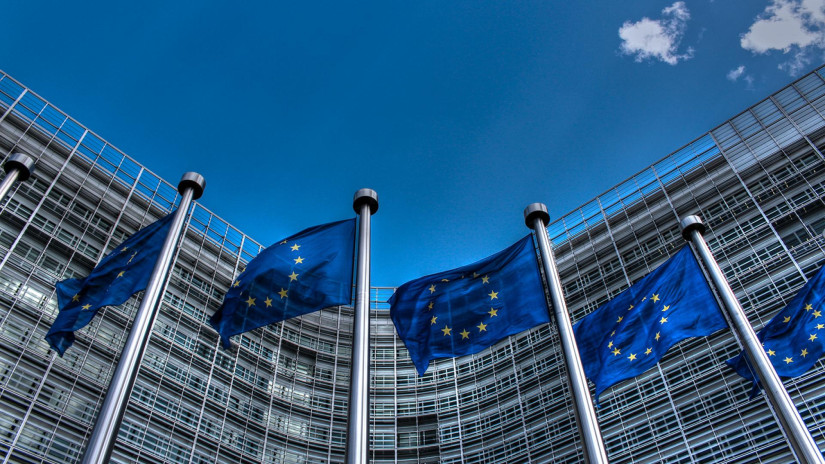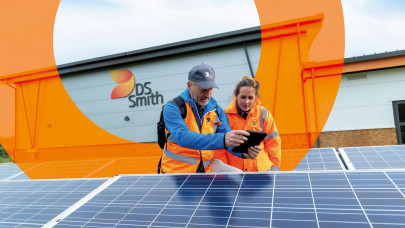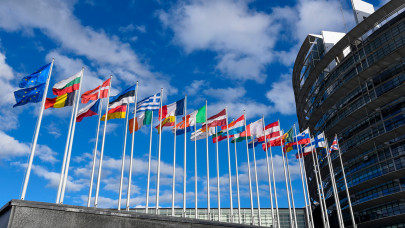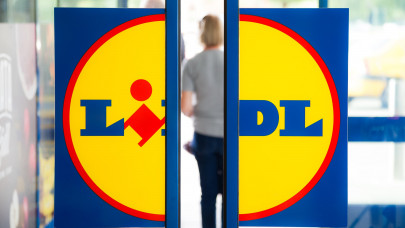The new law will build on the existing Ecodesign Directive that has driven the improved energy efficiency of products in the EU for almost 20 years. It will allow to progressively set performance and information requirements for key products placed on the EU market.
”Ecodesign's success has already brought billions of euros in consumer savings. The agreement ensures that we continue the highly effective product requirements concerning their energy use – directly visible on consumer bills. The energy efficiency of products adds up to around half of the EU's energy savings. I am looking forward to continuing our cooperation with the industry, NGOs, and citizens. This agreement is crucial for our citizens to play an active role in the clean energy transition, and directly benefit from it”, says Kadri Simson, Commissioner for Energy.
The Commission will adopt and regularly update a list of products identified based on a thorough analysis and criteria notably related to the EU's climate, environment, and energy efficiency objectives. This way, the Commission will ensure predictability and transparency on which products will be covered and when. Priority will be given to highly impactful products, including textiles (especially garments and footwear), furniture (including mattresses), iron and steel, aluminum, tires, paints, lubricants, and chemicals, as well as energy-related products, ICT products, and other electronics.
”I am very happy that we have found the provisional agreement on one of the core proposals of the European Green Deal and its Circular Economy Action Plan - the Ecodesign for Sustainable Products Regulation. The regulation will ensure that products on the EU market are more energy-efficient, durable, reusable, repairable, and recyclable as well as increasingly made of recycled materials. It is an enormous opportunity for businesses and consumers alike, and it is also key to reaching climate neutrality, reversing biodiversity loss, reducing Europe's dependencies, and strengthening our economic competitiveness”, says Maroš Šefčovič, Executive Vice-President for European Green Deal, Interinstitutional Relations and Foresight.
The new Ecodesign requirements will go beyond energy efficiency and aim to boost circularity, covering, among others:
- product durability, reusability, upgradability, and repairability
- presence of chemical substances that inhibit the reuse and recycling of materials
- energy and resource efficiency
- recycled content
- carbon and environmental footprints
- available product information, in particular a Digital Product Passport.
The new Regulation also contains novel measures to end the wasteful and environmentally harmful practice of destroying unsold consumer products. Companies will have to take measures to prevent this practice, and the co-legislators introduced a direct ban on the destruction of unsold textiles and footwear products, with derogations for small companies and a transition period for medium-sized ones. Over time, other sectors could be covered by such bans, if needed.
”Today's political agreement marks a very important milestone for the Green Deal. It will help us move from the hugely costly “take, make, break, and throw away” model, to the circular economy in which our products are designed to last. As consumers, we will be able to benefit from durable and repairable products that have a lighter footprint on the Earth. By agreeing on a way forward today, the EU confirms its role as a global frontrunner in product sustainability. Let's make sure we get there, by rapidly rolling out effective Ecodesign rules that target the most impactful products”, says Virginijus Sinkevičius, Commissioner for Environment, Oceans and Fisheries.
In addition, large companies will need to disclose every year how many unsold consumer products they discard and why. This is expected to strongly disincentivize businesses from engaging in this practice.
”The single market is our best tool to increase sustainability across the EU. The agreement reached today will ensure a level playing field for sustainable products on the EU market and increase the competitiveness of the European industry, including at the global stage. The Digital Product Passport makes use of digital innovation to improve access to information for citizens and facilitate compliance checks against rogue products entering the EU market. It's a positive step towards a more sustainable and economically robust future for the EU”, says Thierry Breton, Commissioner for Internal Market.
More information on the sustainability characteristics of products will be made available, including through a ‘Digital Product Passport' which will help consumers and businesses make more sustainable product choices and help authorities improve enforcement of the legal requirements.
The ‘passport' will be an easily accessible tag on products that will give instant access to information on the product's sustainability. It will be useful not only for consumers but also for customs and market surveillance authorities.
Additional product information could also be provided through labels similar to the widely recognized EU Energy Label currently in place for many energy-related products, and could for instance be used to display a reparability score.
The European Parliament and the Council will now have to formally adopt the new Regulation. Once adopted, the Regulation will enter into force on the 20th day following its publication in the Official Journal.
After this happens, the first working plan under the new Ecodesign for Sustainable Products Regulation will be adopted, which will establish which products will be targeted.
On 30 March 2022, the European Commission proposed an Ecodesign for Sustainable Products Regulation (ESPR) as part of the Commission's Circular Economy Action Plan under the European Green Deal.
Products use up massive amounts of materials, energy, and other resources and cause significant environmental impacts throughout their lifecycle, from the extraction of raw materials, to manufacture, transport, use, and end of life. Half of global greenhouse gases and 90% of biodiversity loss are caused by extracting and processing primary raw materials. Negative environmental impacts include significant resource depletion, generation of greenhouse gas emissions, and pollution. A recent JRC study demonstrated that global planetary boundaries are close to or are already being surpassed in several impact categories. The EU needs to act now to reverse these trends.
The objective of the Ecodesign for Sustainable Products Regulation is to make sustainable products the norm on the EU market and reduce their overall environmental and climate impacts. The ‘take-make-use-dispose' model can be avoided, and much of a product's environmental impact is determined at the design stage. The new Regulation will extend the existing Ecodesign framework in two ways: first, to cover the broadest possible range of products; and second, where appropriate, to broaden the scope of the requirements with which products are to comply.













